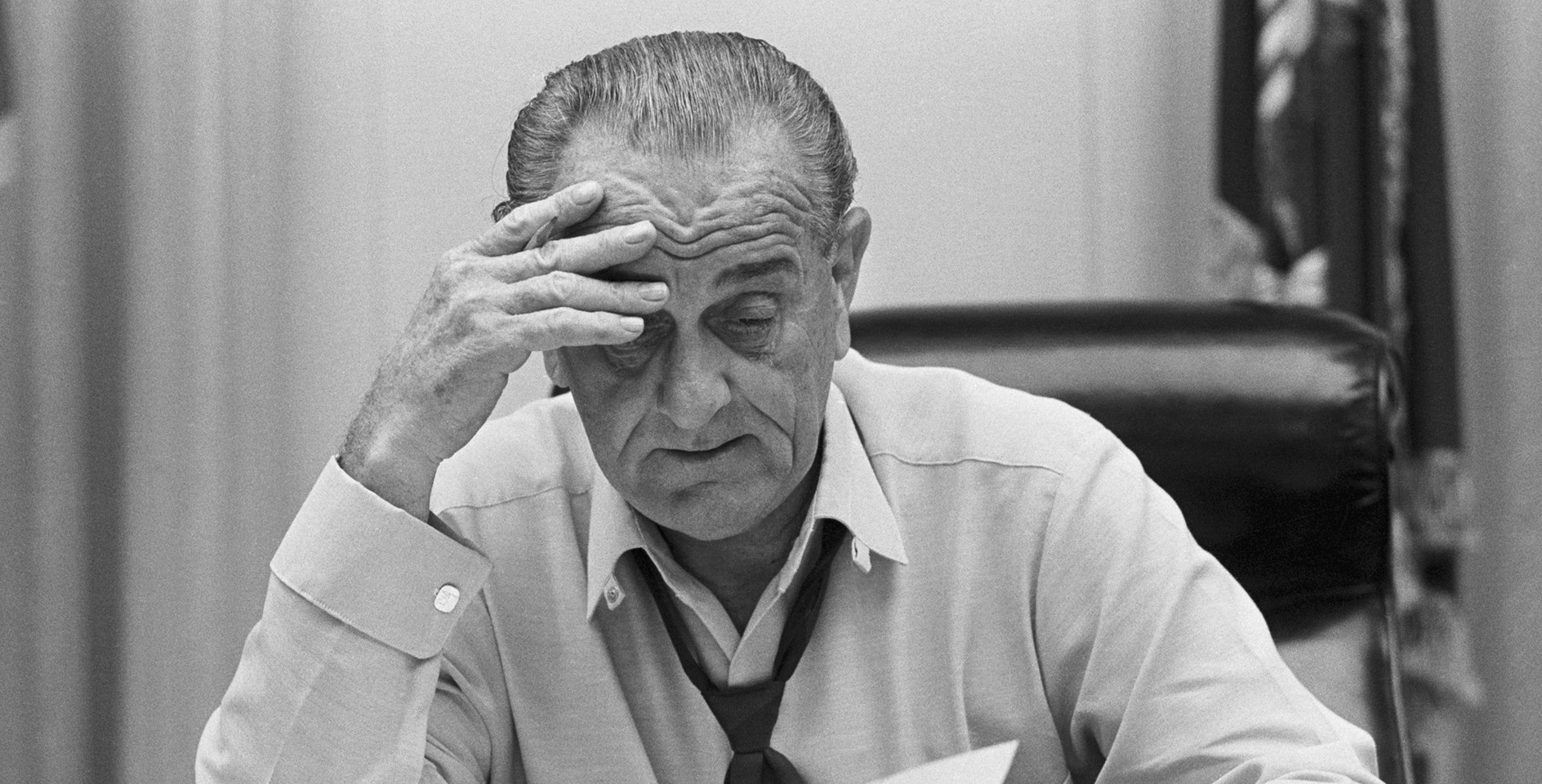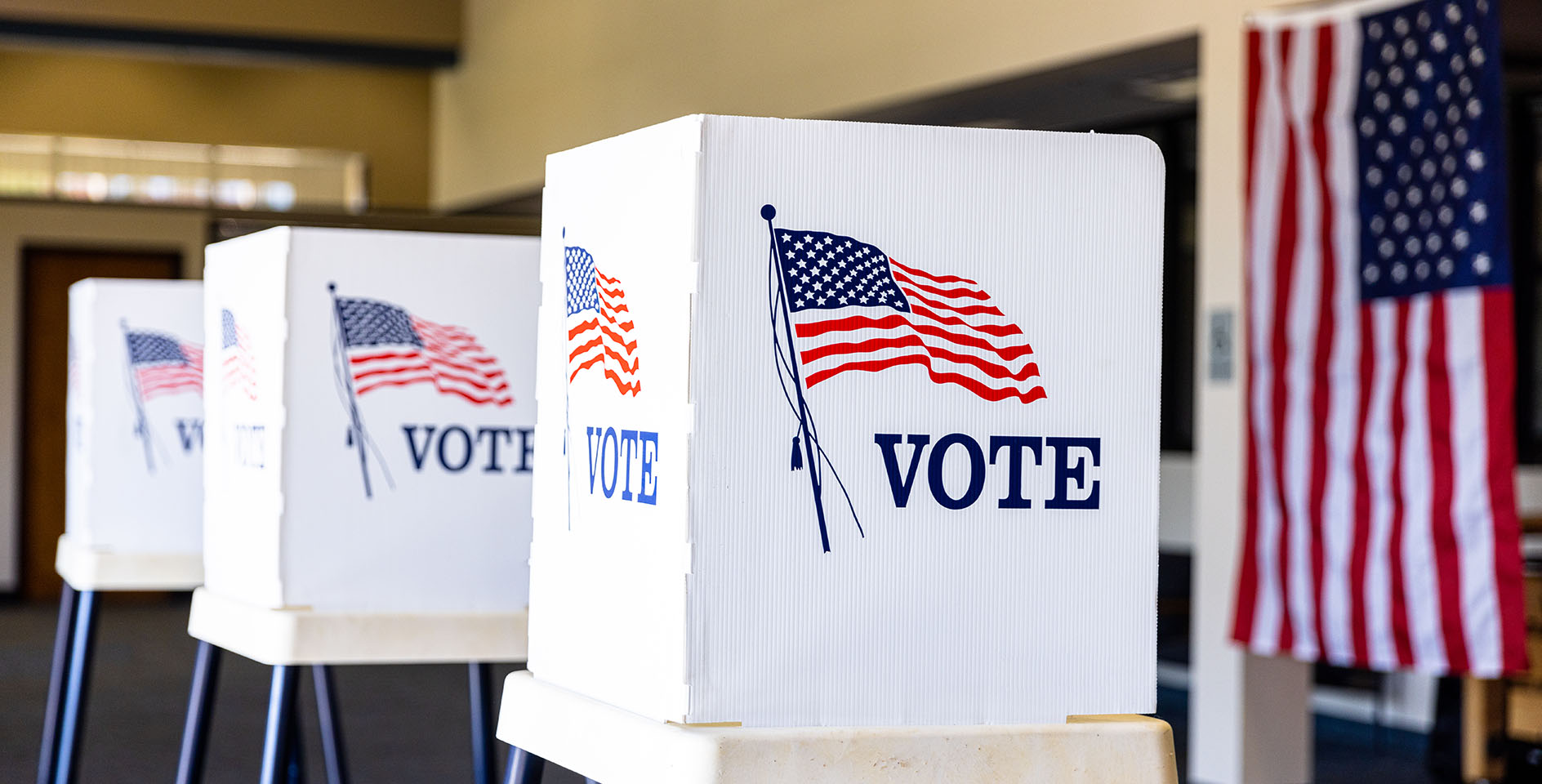What makes a good president of the United States? Are there certain traits that naturally lend themselves toward an individual’s success in the highest office in the land? Do we expect too much from the individuals we choose to be president? These questions are just a handful of the ones that author John Dickerson tackles in his fascinating new book, The Hardest Job in the World: The American Presidency.
Dickerson, easily one of my favorite political analysts, has written one of the most engaging overviews of the American executive branch. As I read it in the run-up to the 2020 election, it helped clarify for me the real and imagined roles of the presidency and gave me an appreciation for the men who have held the office in our history. One thing it confirmed for me: character matters.
“Character in many ways is everything in leadership,” remarked former U.S. President Dwight “Ike” Eisenhower. “Character is really integrity.” As you read the book, you can’t help but come away with a new appreciation for Ike and his deep knowledge of effective leadership. That seems to have been a major objective for Dickerson in writing this book (he said in a recent interview he fell in love with Eisenhower as Dickerson researched his administration for this book).
High demands of our nation’s leader
Why is that so important as a reader? Because in this time where leadership too often is defined as having the loudest voice or the deepest grievance, our nation’s greatest leaders have often provided helpful examples in opposition to those things. In fact, as you read this book, you come to realize that our most successful presidents have cast a vision that is accessible to more than just the Americans who voted for them. As one example, Dickerson uses John F. Kennedy’s prediction that television would allow presidential candidates to speak directly to Americans––and then doing just that in his campaign.
Beyond the poetry of campaigning, this leadership trait of inclusion extends to the prose of governing, as well. Dickerson discusses how it informs the team-building process of presidential administrations. He highlights a quote from famed management expert Peter Drucker who said, “The leaders who work most effectively, it seems to me, never say ‘I.’ They don’t think ‘I.’ They think ‘we’; they think ‘team.’” When a president takes this approach, he or she will be sowing seeds for potential success as the administration takes flight after Inauguration Day.
Throughout the book, Dickerson explores the various constitutional roles required of the nation’s chief executive as well as the ones Americans have now come to expect the president to play. Our Constitution is very clear that the president is the commander in chief of the U.S. armed forces. As the years have passed, though, we’ve also asked the president to be what Dickerson calls our “consoler in chief” when tragedy strikes our nation. When a deranged white supremacist murdered nine members of Emanuel African Methodist Episcopal Church in Charleston, South Carolina, former President Barack Obama used the moment to discuss God’s grace––a particularly poignant theme the nation needed to hear in that dark hour. But why is this vital for our nation?
Dickerson answers that by pointing to former Reagan speechwriter Peggy Noonan who said, “speeches are important because they are one of the great constants of our political history. They have not only been the way we measure public men, they how we tell each other who we are.” Thus, a president’s words matter, not only because they have the ability to soothe or unite, but because they connect the current occupant of the White House with those who came before him. While speeches can play an important role in binding up the wounds of a nation, it is probably unrealistic to expect one person to resolve all the issues that come across the president’s desk. Dickerson shows us that it was never designed to be like this.
Designed to be different
Our Founding Fathers meticulously built our democratic republic, carefully weighing how each “grain” of power would affect one branch over the others. Their expectation was that the executive, legislative, and judicial branches would work in tension with one another, balancing out the ambition and moves of the other. The Founders were especially concerned with ensuring the president was kept in check. Why? Dickerson writes, “The founders were realistic about human weakness, but they believed that because they were so aware of its shortcomings, they could design a new government that not only accounted for man’s weakness but used it to keep balance.” To underscore this, Dickerson also includes a foreboding prediction by Benjamin Franklin: “The executive will always be increasing here, as elsewhere, till it ends in monarchy.” The last word should send a shudder down the spine of every American since that is what our ancestors revolted against in 1776.
Ultimately, that continual use of the lens of history may be the most important takeaway from Dickerson’s book. He continually provides the reader with perspective. Whether it’s the quadrennial assertion that this election is the most important election of our lifetimes or the claims of certain disaster if one candidate or the other prevails, we live in a time devoid of such perspective. That can be especially worrisome when every individual has a megaphone and can broadcast their hottest takes for the world to see. As Christians, though, we are called to a higher standard, one of discernment. I have found that reading books like this highly-informative one help push me further along the road toward wisdom and understanding. After reading The Hardest Job in the World, those will be two traits I always look for in a president (or candidate for any office) from now on.










